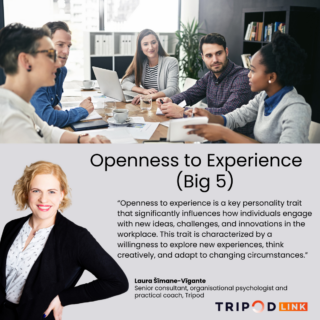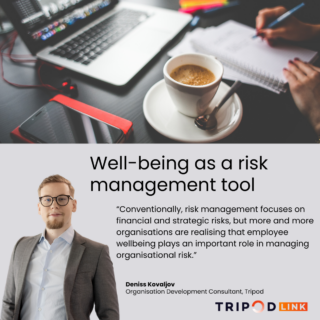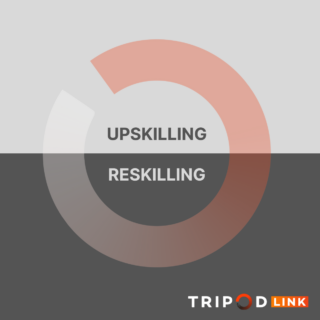
From a psychologist’s perspective, agreeableness is a fascinating trait with significant implications for teamwork, conflict resolution, and interpersonal dynamics. It’s important to emphasize that no personality trait is inherently bad; rather, some may be more suitable for certain positions than others.
Teamwork is increasingly critical in today’s collaborative environments, where synergy among team members drives innovation and productivity. Research shows that effective teamwork correlates with higher job satisfaction, lower turnover rates, and improved company performance. Employees who excel in team settings often report a greater sense of belonging and fulfillment, which can enhance their motivation and engagement.
Agreeableness is a key personality trait that fosters collaboration. Individuals high in agreeableness tend to be cooperative, empathetic, and open to feedback, making them essential for constructive team dynamics. However, high agreeableness can also present challenges. Agreeable individuals may struggle to set boundaries and say “no,” often taking on extra tasks to help colleagues, which can lead to burnout or missed deadlines. Agreeable managers might avoid unpopular decisions to maintain positive relationships, making it difficult to address performance issues or focus on long-term goals.
Low agreeableness can offer valuable strengths in certain roles, especially those that require a more critical, straightforward approach. People with lower agreeableness tend to be more direct, assertive, and comfortable challenging ideas, which can drive innovation and prevent groupthink in team settings. Their tendency to question norms or play the “devil’s advocate” role can be essential in situations where critical evaluation and tough decision-making are needed.
In management or leadership, low agreeableness can be a plus when difficult decisions must be made. Leaders with lower agreeableness are often more willing to set clear boundaries, hold others accountable, and focus on the goals and needs of the organization, even if it means making choices that might not be immediately popular.
Diversity in agreeableness is essential within a team. Individuals with lower agreeableness may not always account for colleagues’ personal situations, and their feedback can come across as direct or even blunt. However, this clarity is often invaluable, as their feedback lacks an emotional filter, making it straightforward and actionable. In contrast, team members with higher agreeableness might hesitate to give constructive criticism for fear of hurting others’ feelings, prioritizing positive relationships over direct feedback. Those with lower agreeableness are also more willing to engage in tough conversations and voice their opinions, which can be beneficial when advocating for the team’s needs or rights. By embracing this balance, teams can create a dynamic where honest feedback and supportive relationships coexist.
In summary, agreeableness plays a crucial role in teamwork and interpersonal dynamics, influencing how team members collaborate and communicate. While high agreeableness fosters cooperation and empathy, it can also lead to challenges like difficulty setting boundaries and avoiding tough decisions. Conversely, low agreeableness brings strengths in direct communication and critical thinking, which can drive innovation and accountability. A diverse range of agreeableness within teams can enhance collaboration, ensuring that both supportive relationships and honest feedback thrive.







